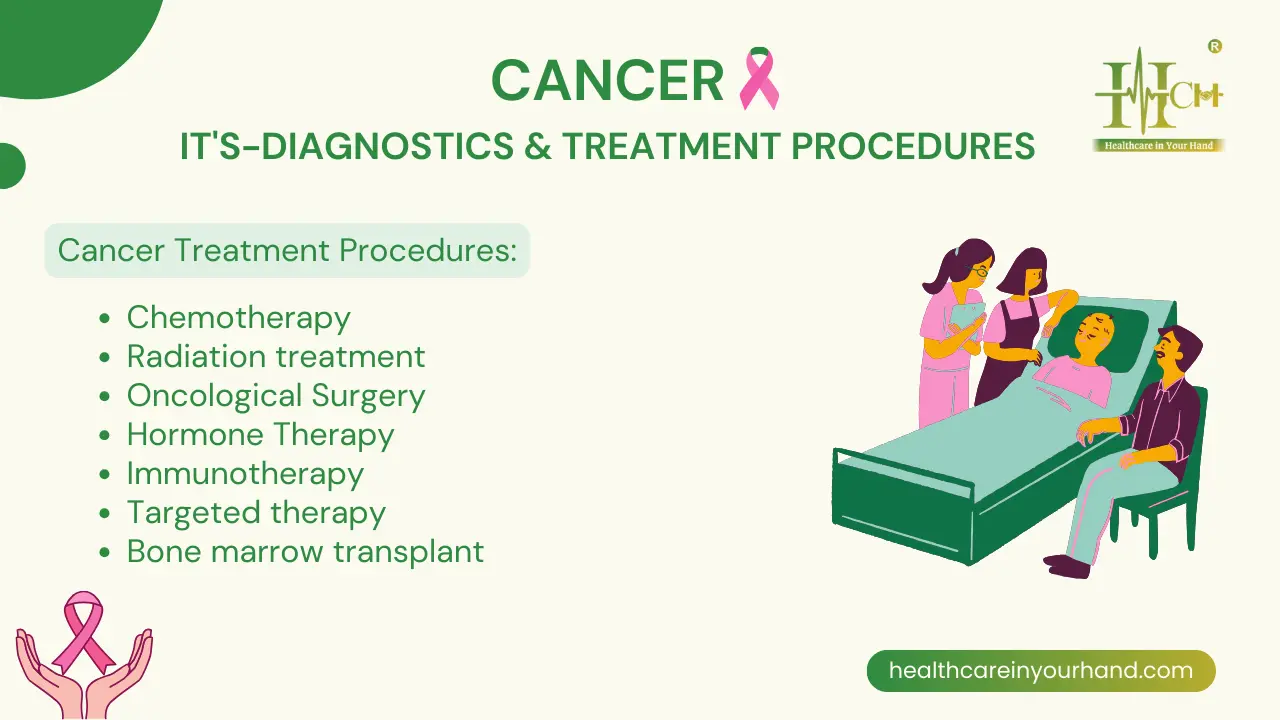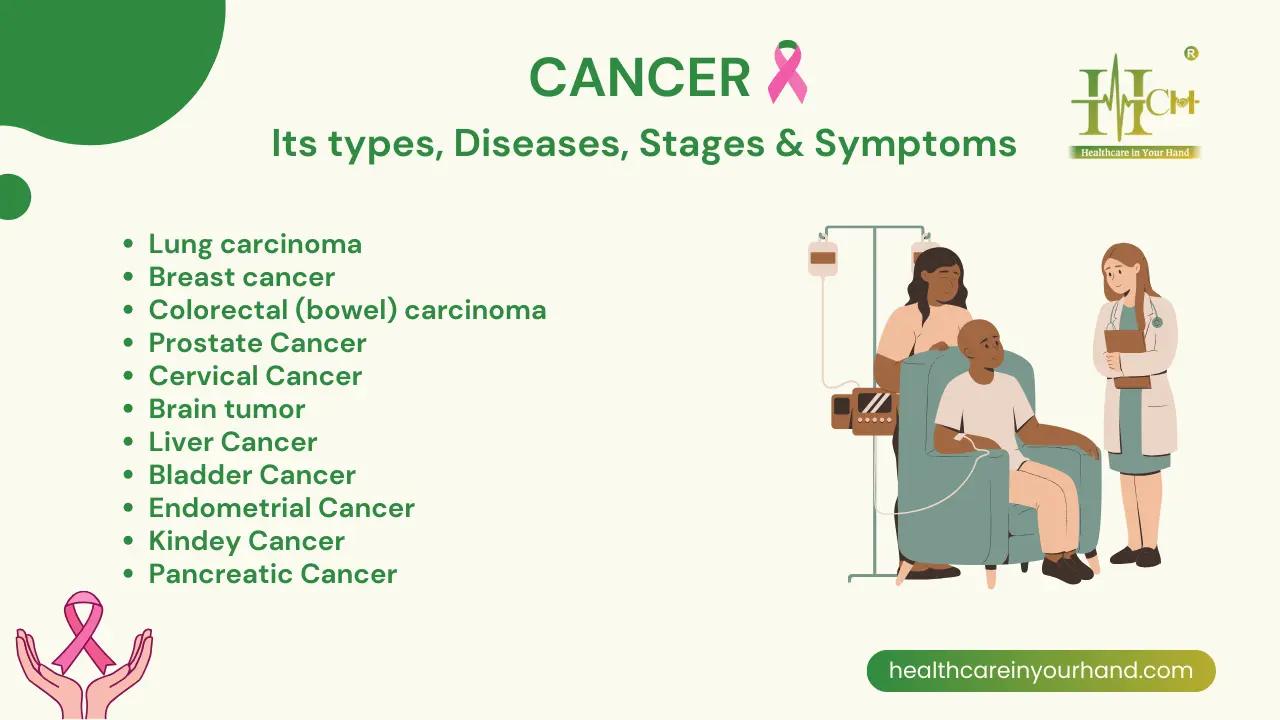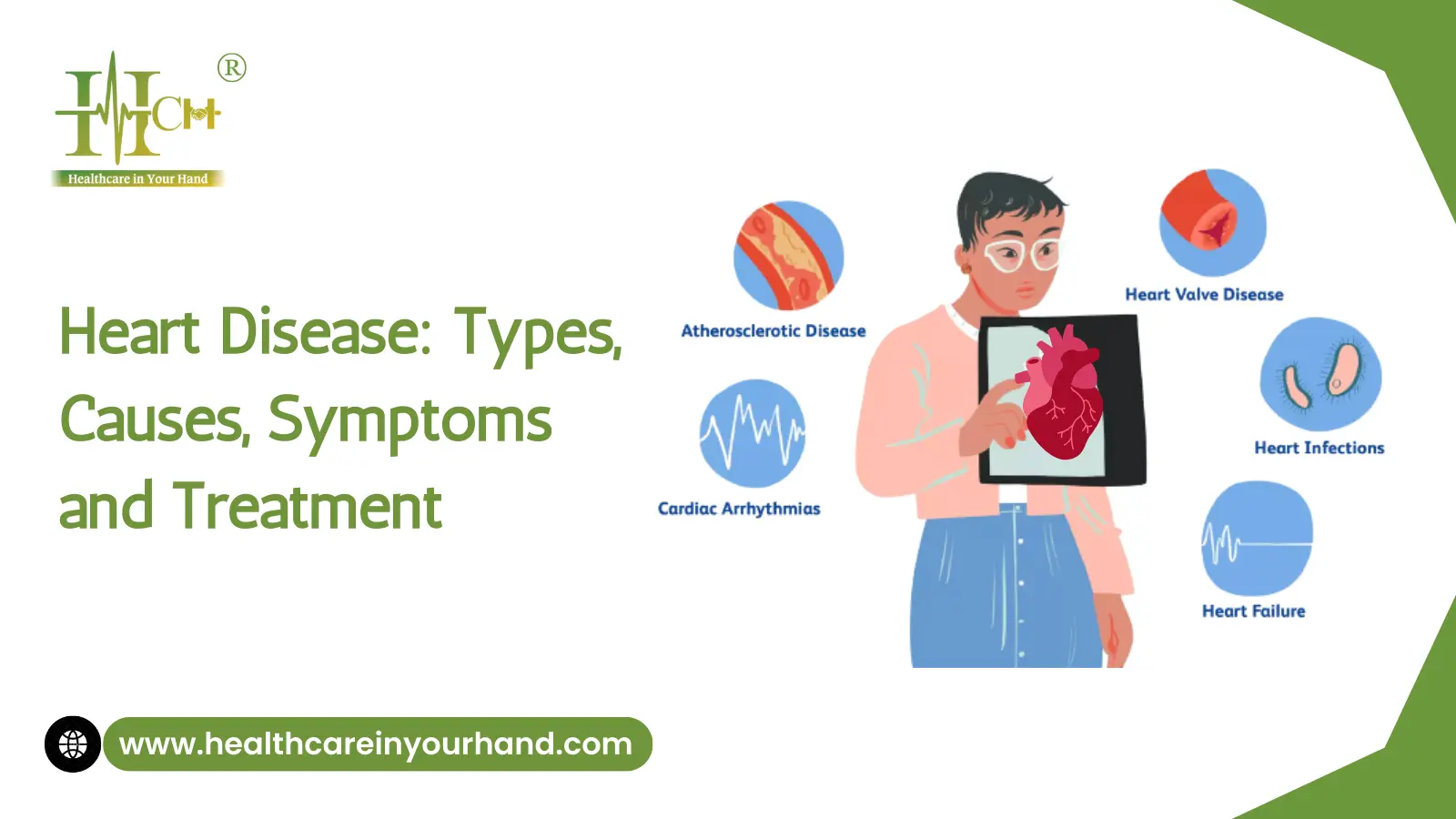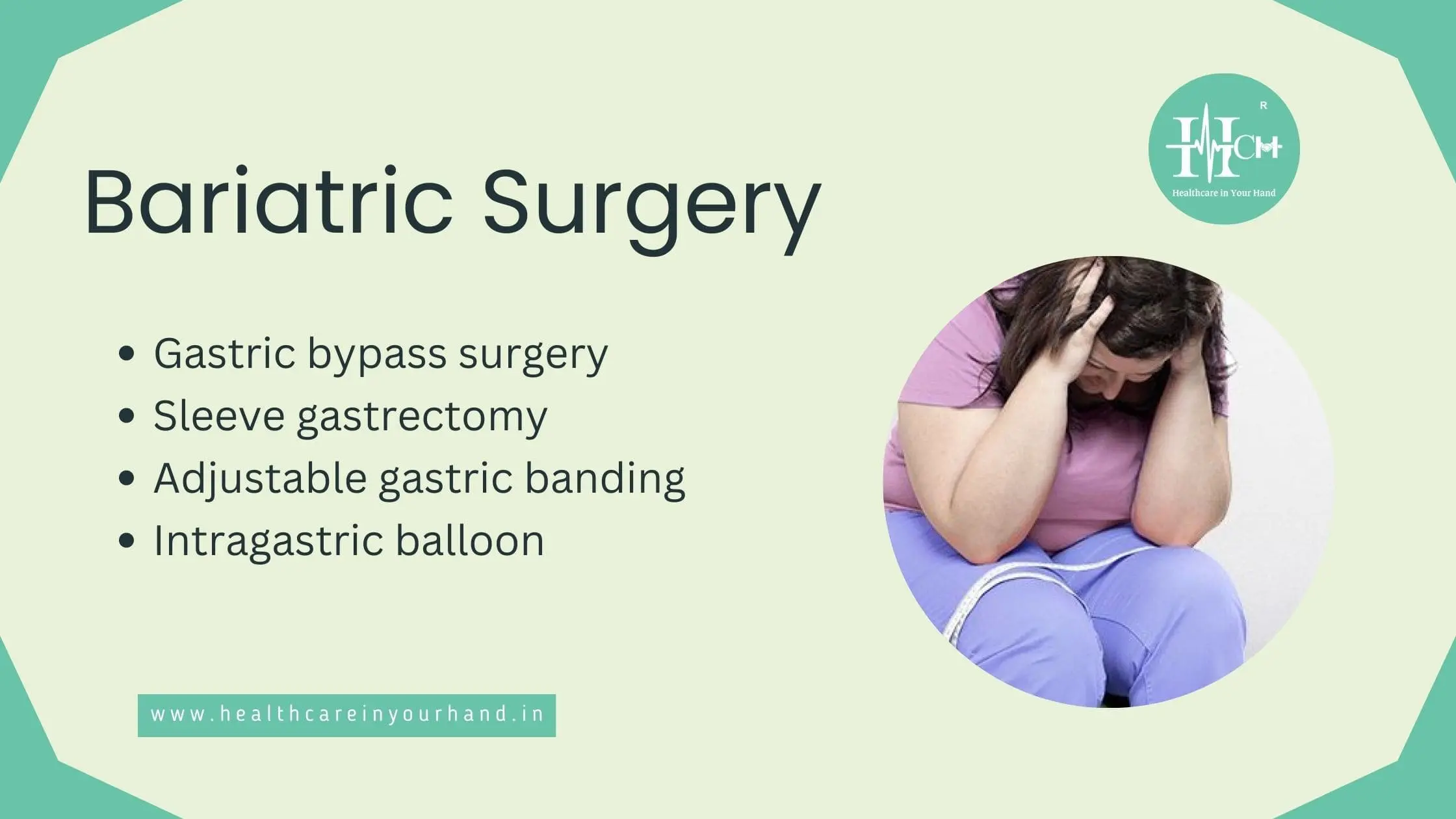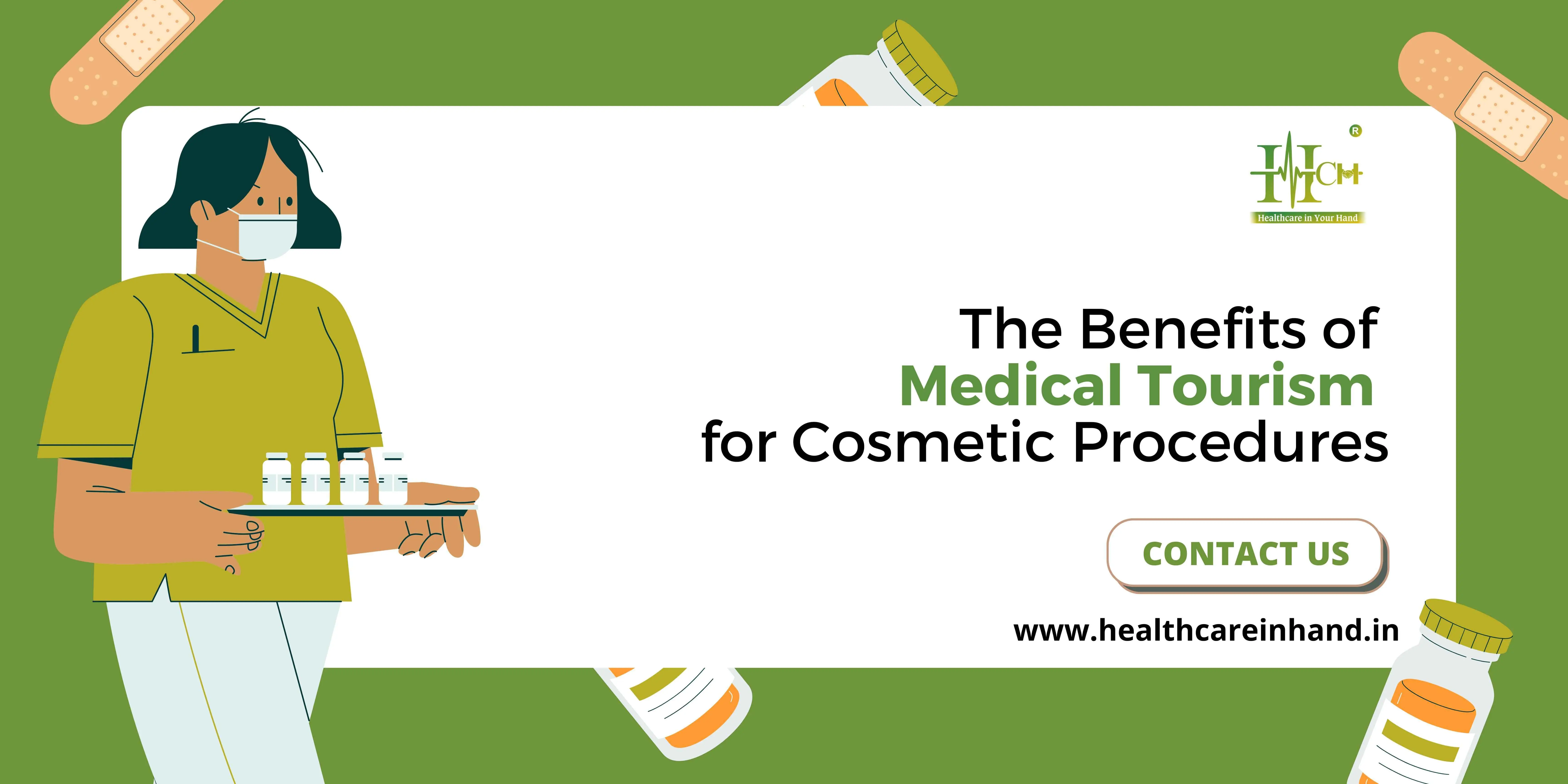Merits and Demerits of Medical tourism
- 12 Jan, 2023
- 392
- Medical tourism
Medical travel generally refers to travelling abroad to receive medical, surgical, aesthetic, or dental care in another nation. This has altered recently as a result of more frequent use of this medical practise for lesser operations and doctor's appointments. Some people travel abroad to receive alternative medical care that is not permitted in their own countries. Over the past 20 years, a large number of medical tourism facilitators have been providing packages to patients looking for medical care abroad.
Every year, millions of people benefit from medical tourism, which is on the rise for a number of reasons, including rising healthcare costs in patients' home countries, a lack of health insurance, procedures driven by specialists, high-quality facilities, and the chance to travel before or after a procedure.
Almost all of the continents have noticed a noticeable shift toward medical tourism as a more cost-effective form of treatment. Americans are flying to Mexico for affordable healthcare, Australians chose India to have their teeth fixed, and people from the Middle East, the UK, and Germany are willingly travelling to Thailand, India, and Singapore for high-quality plastic surgery, dental implants, orthopaedic treatments, bariatric surgeries, cancer treatments, cardiovascular surgeries, and organ transplants.
Money is the catalyst in the vast majority of situations. However, because one's health is the most important thing in life, there are usually certain uncertainties before medical trip. What if nothing goes as planned? What if it's challenging because of the language barrier? What if the trip proves to be too taxing? What if they raise the price? These queries trouble potential patients. Every new development is met with scepticism or mistrust, and the medical tourism industry is no exception. Additionally, it is being examined and challenged. Medical travel has particular benefits and drawbacks, and one must decide whether the former outweighs the latter. The same can be characterised as follows.
Merits of Medical Tourism:
Affordability and Cost-effectiveness:
The cheaper cost of the procedures is the prime reason why people travel internationally for medical care. Health tourism locations offer affordable, high-quality care, saving the traveller money compared to what he would have to pay for the same surgery back home. The cost savings range from 30 to 80 percent of what one would typically pay in the US. The price gap is considerably higher when all of the additional expenses for the anaesthesiologist, implant, rehabilitation, etc. are included. Because medical procedures and surgery are cheaper abroad, some individuals worry that medical tourism may involve fraud or a hoax. The low cost of labour in the most popular medical tourism locations is the primary factor influencing the low cost of medical treatments overseas.
High Quality Healthcare:
Although the treatments are inexpensive, most surgical procedures are still carried out by highly skilled professionals utilising state-of-the-art equipment. The fundamental factor in medical tourism should always be the level of care. Many of the physicians and surgeons who provide medical care to patients from other countries received their training and certification in Western nations like the US and UK.
There are several clinics with highly qualified doctors who have chosen to focus primarily on one specific medical procedure within their expertise. To demonstrate their commitment to excellence, medical facilities around the world have received accreditation from well-known international organisations including JCI, JCAHO, and ISO. Numerous locations across the world have top-notch medical facilities and medical specialists. The finest medical tourism destinations include Thailand, India, Singapore, the United Arab Emirates, the United Kingdom, Canada, Turkey, Israel, Jordan, Italy, Bangladesh, and many more. When travelling to nations like India, where their distinctive alternative remedies offer rejuvenation of the mind, body, and soul, one can also discover holistic therapy methods like Ayurveda, Yoga, etc.
Waiting time:
The quick availability to medical treatments is another benefit of medical travel. Less time spent waiting guarantees that patients receive care as soon as they arrive, without having to wait in a line. This point could sometimes save a person's life, especially when it comes to oncological operations and organ transplants that are not generally available in the patient's place of origin. Medical tourism gives people who have immigrated from nations with universal public health care the possibility to be given preferential treatment. It's not always possible to wait while dealing with health-related issues.
Improved Flight and Communication Services:
Traveling internationally is now inexpensive and trouble-free. People might choose to schedule surgery and arrange flights from the convenience of their own homes. Additionally, the majority of operations done abroad can be planned over the phone or online. For examinations and assessments, one no longer needs to visit a hospital or clinic. Only on the day or during the week of the surgery or procedure does a person need to leave their home. A medical travel facilitator is quite helpful in this situation.
Travel Opportunities:
Although receiving medical care is the main goal of medical tourism, another perk of the practise is the chance to travel. Medical tourists, especially those looking for dental, aesthetic, or wellness treatments, enjoy the opportunity to travel while still receiving less expensive healthcare.
Demerits of Medical Travel
Language barrier:
Due of the language and cultural barriers, moving can cause stress and anxiety in patients and their families. Doctor-patient communication may be challenging if patients arrive at an institution speaking a language that is not their native tongue. Doctors give important pre- and post-operative instructions as well as procedural specifics, thus this could cause confusion and mistakes.
Medical Insurance:
The patient must pay cash because frequently, government insurance, basic medical insurance, and occasionally extended medical insurance, do not cover the cost of the medical operation. Unless there is a partnership with particular healthcare institutions or organisations, many insurance companies do not cover medical expenses incurred while travelling abroad.
Negligence in Follow-up:
Usually, doctors advise avoiding flying right after surgery. This is due to the increased risk of blood clots associated with flying. Patients need to wait between seven and ten days after their surgery, depending on the type. However, there is not much aftercare. The average hospital stay for a patient is only a few days, after which they go for their vacation or go back home. The medical care system in the patients' own country then takes over for complications, side effects, and post-operative care.
Legal Matters:
There is minimal patient recourse to local courts or medical boards in the majority of medical tourism destinations due to lax malpractice regulations. In the majority of countries, there aren't well-defined regulations to support the stranded medical tourists if something goes wrong. The medical travellers cannot even get legal assistance from their own nation.
Misinformation:
Misinformation can result in the worst possible treatments, as well as time, money, and health losses. Many foreign hospitals do not provide preoperative or postoperative care. Sometimes the total cost of the trip exceeds the anticipated amount, putting the patients in a difficult financial situation.
Despite the fact that medical tourism has both benefits and drawbacks, the trend is expanding. To gain the trust and confidence of international patients seeking medical treatment, governments of several well-known locations have taken commendable steps to eliminate the negative aspects.

